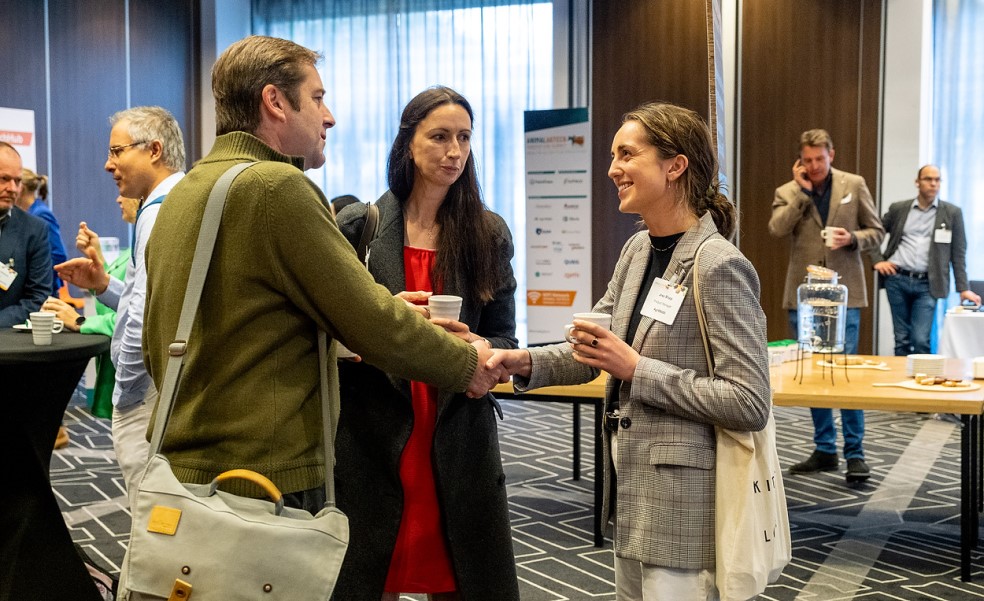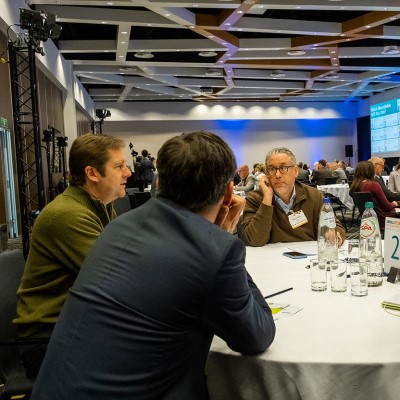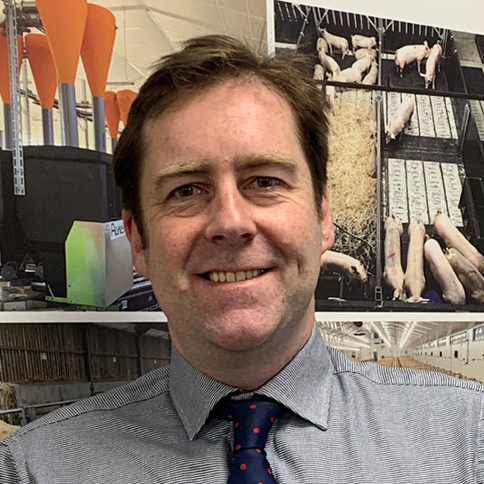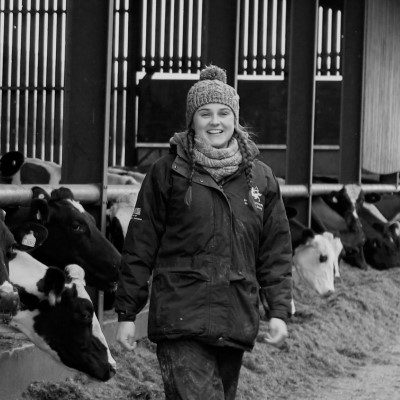CIEL | Blog: Data in the spotlight at Animal AgTech
Phil Bicknell

If you discuss farming, food and carbon, I can guarantee that data is a topic that soon follows.
This was certainly the case at the recent Animal AgTech Innovation Summit in the Netherlands.
It’s almost inevitable. The bottom line is that the livestock industry has a number of complicated systems and its supply chains can be complex. This means variability in data quality, availability and transparency; not an ideal starting point for anyone wanting to quantify different sustainability indicators.
On the flipside, who is going to gather the data about your system, on your farm, and for your products, if you don’t?
It’s not easy, but there are a range of tools available that support the agrifood sector in taking responsibility. And as timely reminder of the potentially blunt – and polarising – approach of regulation, delegates at Animal AgTech heard from farming representatives in the Netherlands about government plans to address nitrogen use.
We all know there are plenty of challenges around data in agriculture. I still want to see farmers getting credit and recognition for positives changes they make.
Getting the incentives right
As it stands, I wonder if the focus on carbon credits means we’re ignoring the opportunity to add value to the product we already sell? I might be producing a commodity, but could verifiable sustainability characteristics generate a premium? At the same time, we need to remember that farming systems are based around managing natural resources, which means more variables to deal with. And we know that however much we’d like it not to be the case, data systems aren’t automatically connected and valuable information sits in silos.
Taking action
The best thing about the discussion on agri-data at the Animal AgTech Summit was that delegates heard from businesses who are already taking action in this area. Indeed, Devenish, Eggbase, and AgriWebb were amongst the CIEL Members sharing insights at the event, whilst Arla and Warrendale Wagyu were amongst the businesses name-checked in the sessions. Three clear messages emerged for me:
- Work with people you already trust – Build on the information flows that are already occurring
- Focus on data and information exchange that delivers for the farmer – When farm businesses see the benefit, it will mean that data gets embedded in driving decisions
- Focus on the parallels with farm business performance – Contrary to what the commentators will tell you, there are ‘win-wins’ when it comes to sustainability and food production.
Climate and the environment pose some of the biggest risks for the agrifood sector. Yet they also provide some of the biggest opportunities. I’m in no doubt that our industry’s approach to data and information can be the catalyst to ensure we’re benefiting from the latter and not combatting the former.


Phil Bicknell, Head of Business Development
Along with his team, Phil looks after CIEL’s Industry Members and focuses on supporting them to network and collaborate on industrial research along with identifying funding opportunities for new innovation. Phil also oversees CIEL’s marketing and communications, and supports knowledge exchange activities to drive engagement in research.
Growing up on the family livestock farm, Phil is an Agricultural Economics graduate from the University of Reading and has wealth of knowledge in the agrifood sector.







